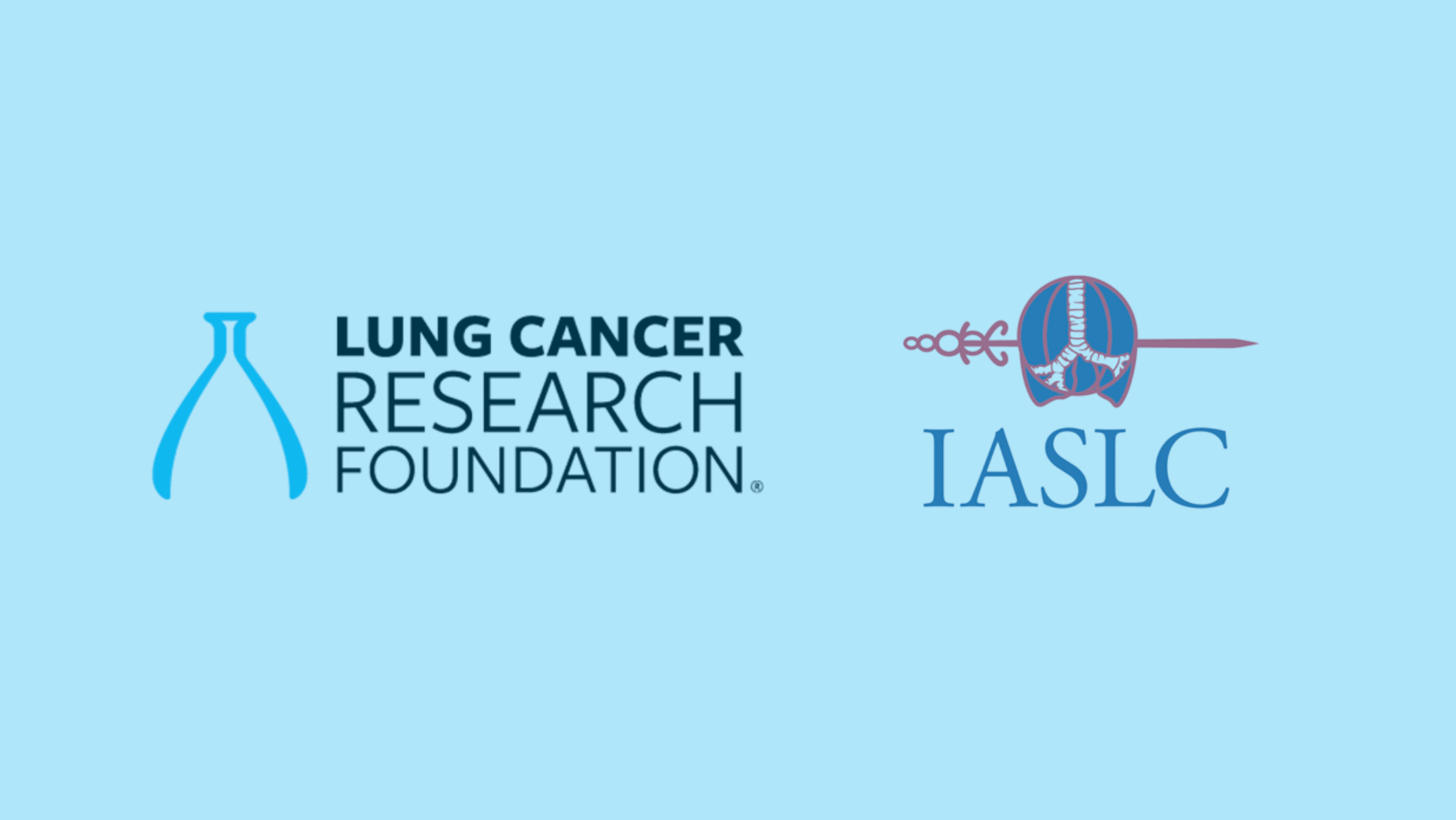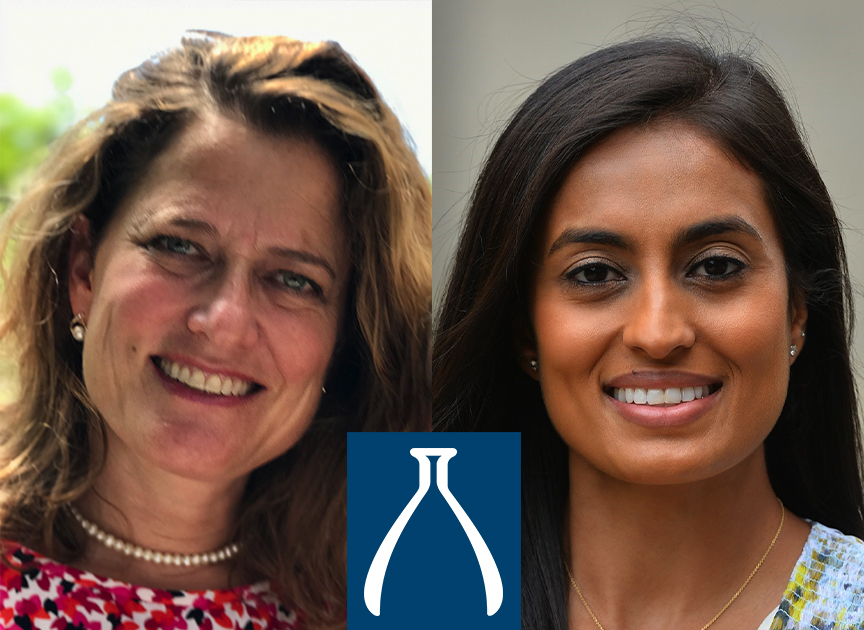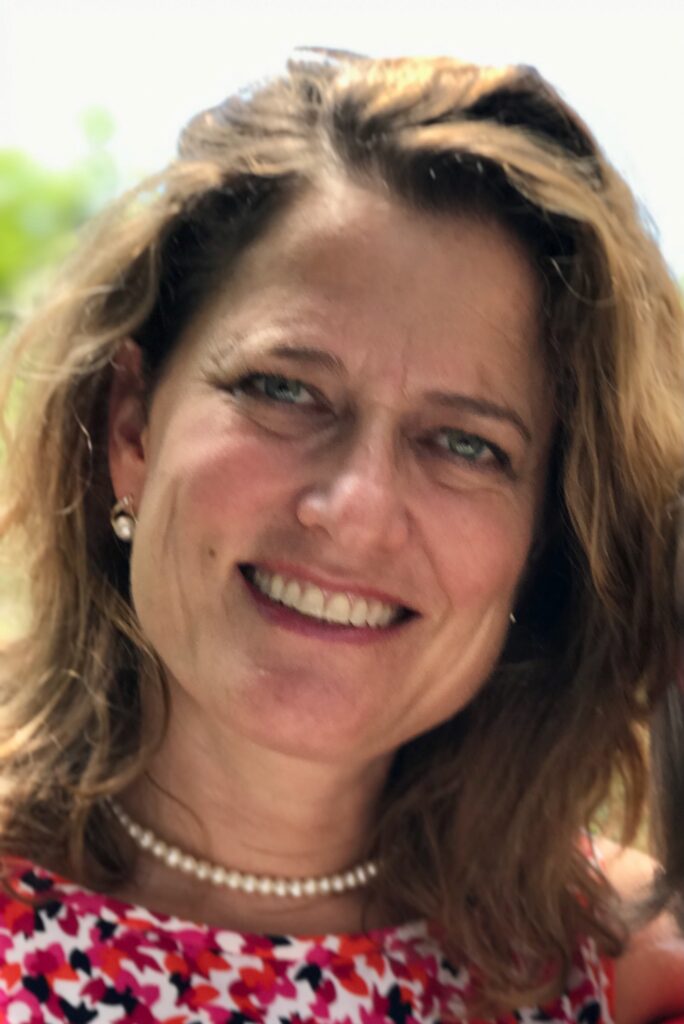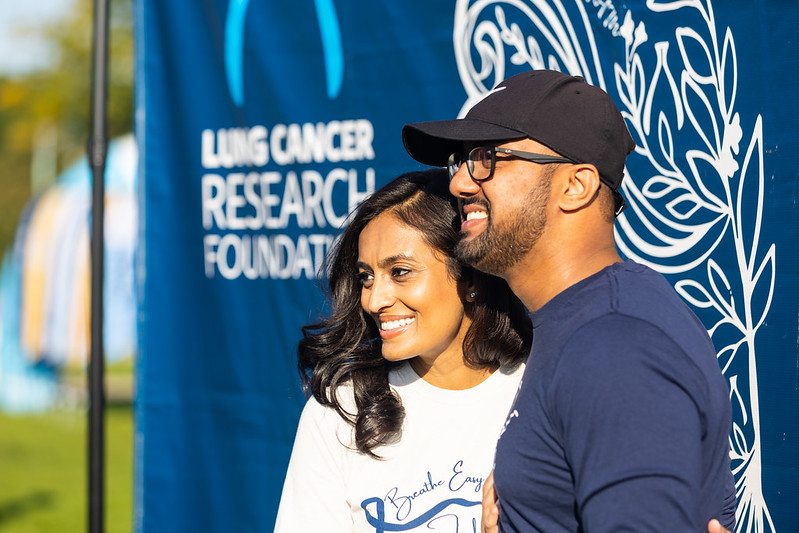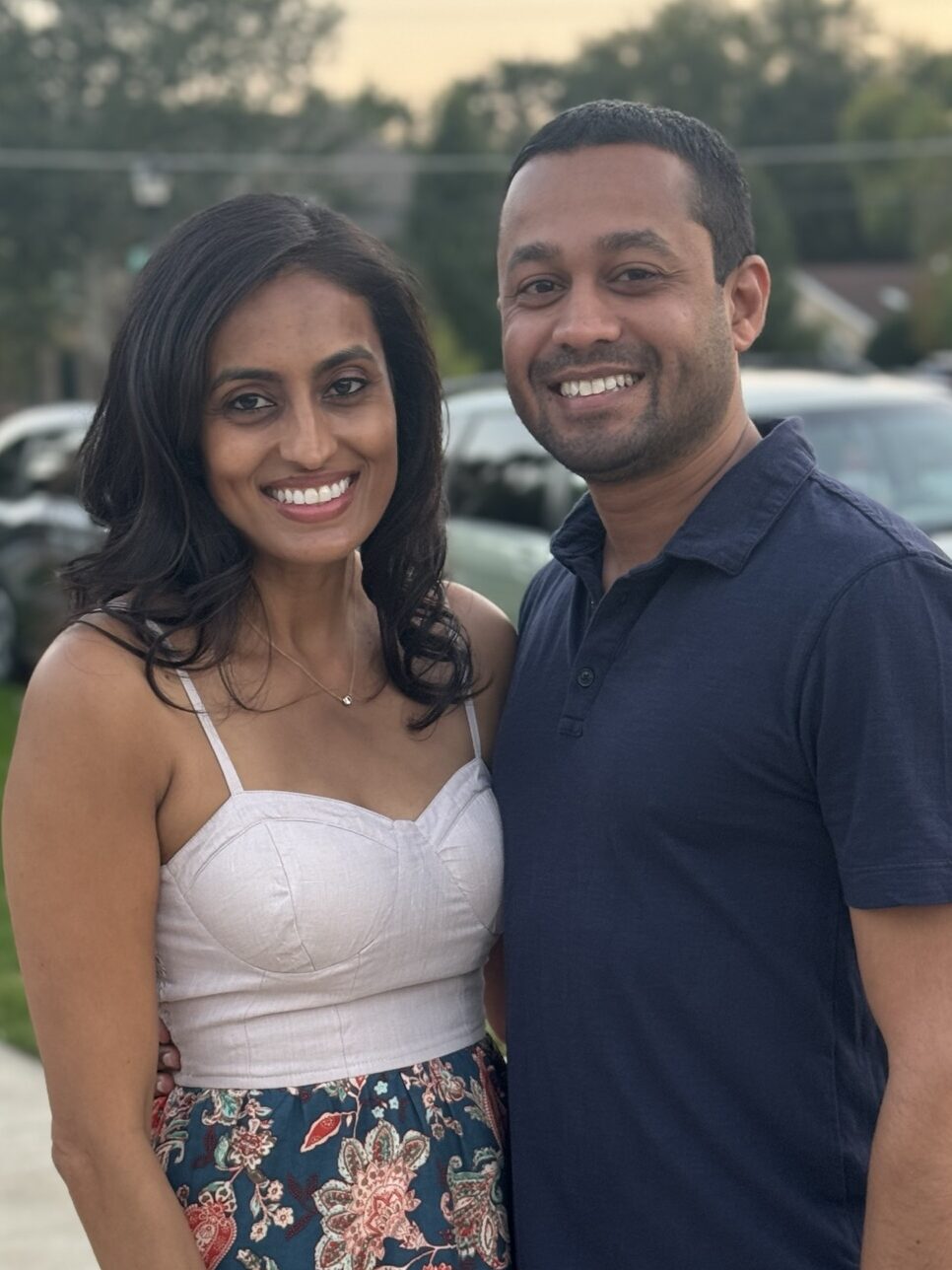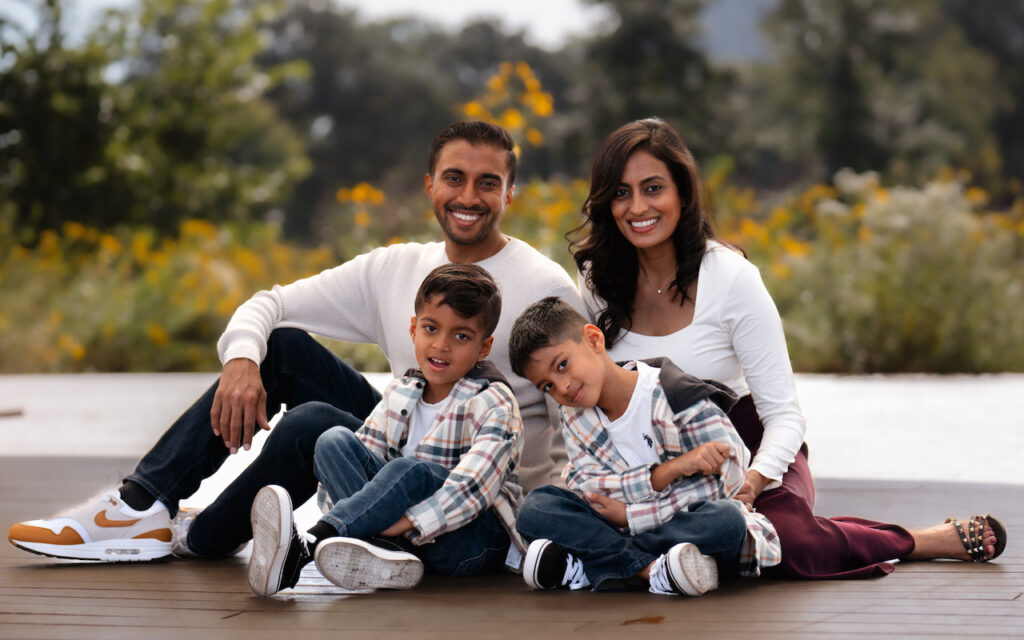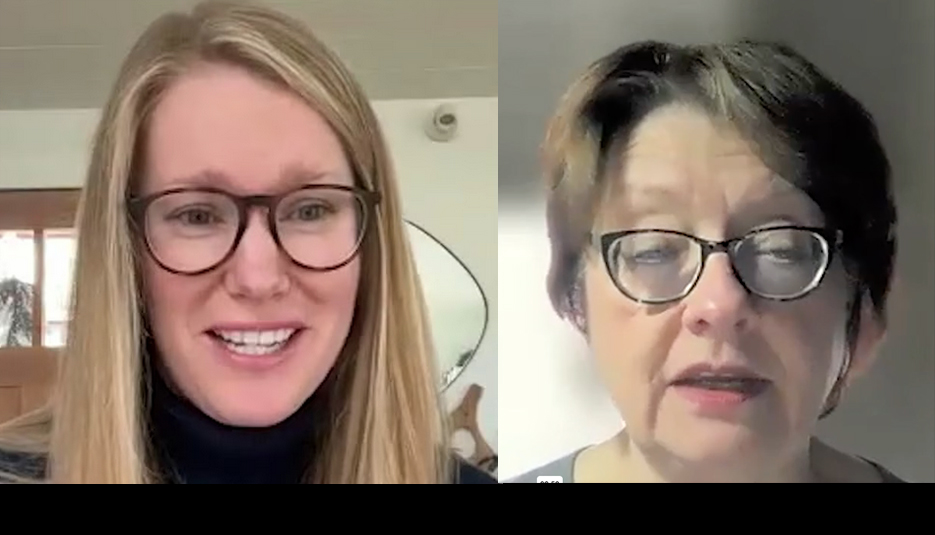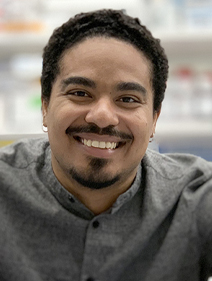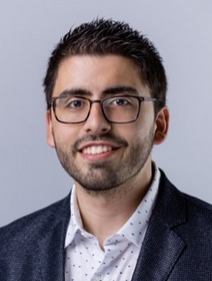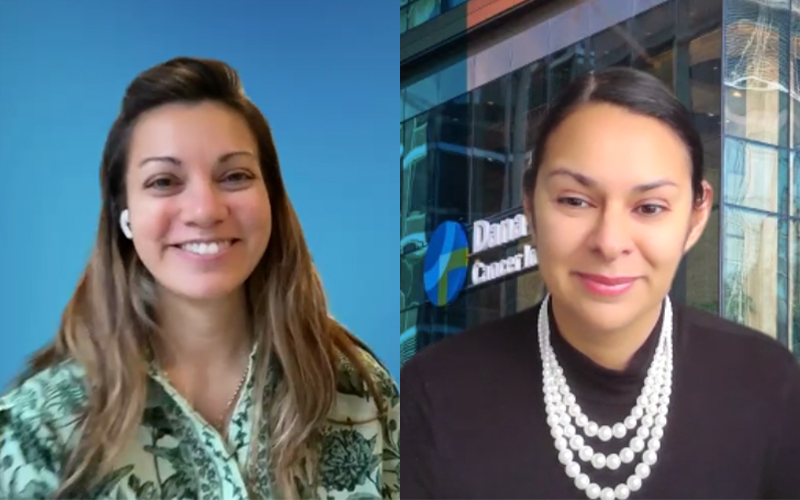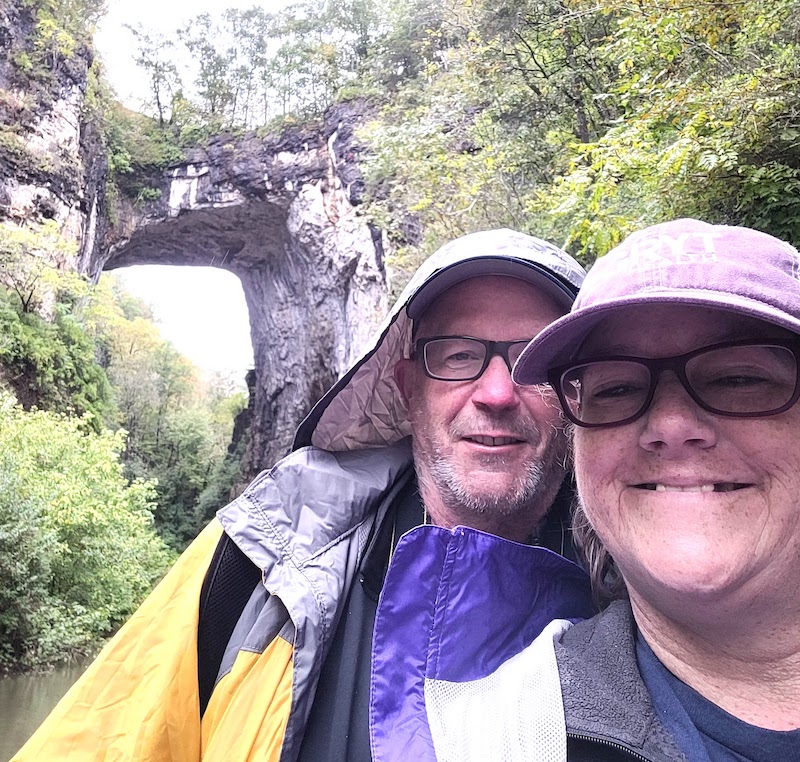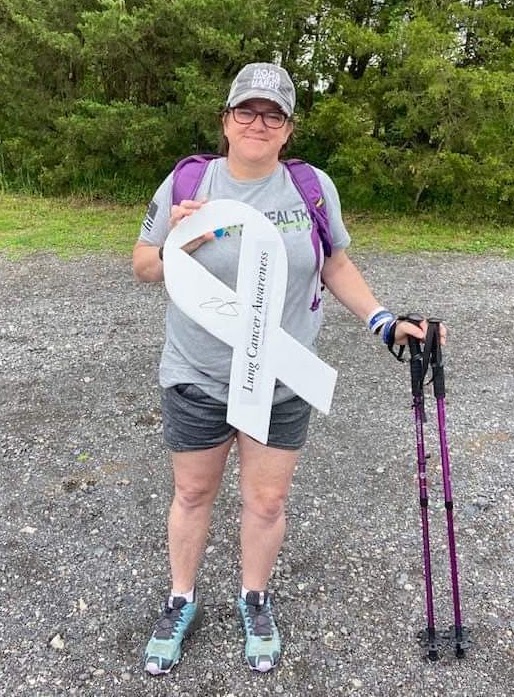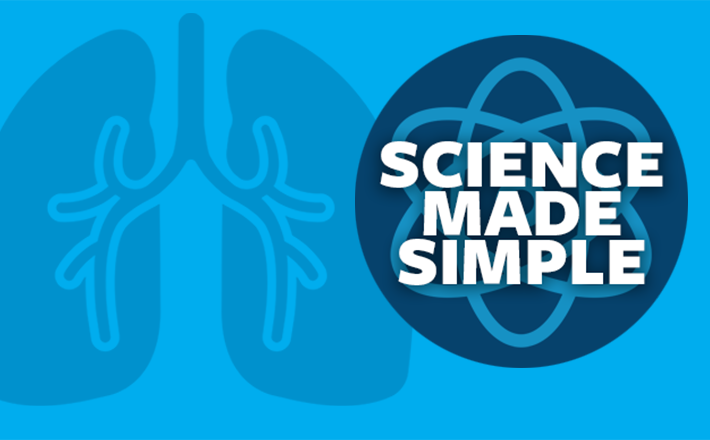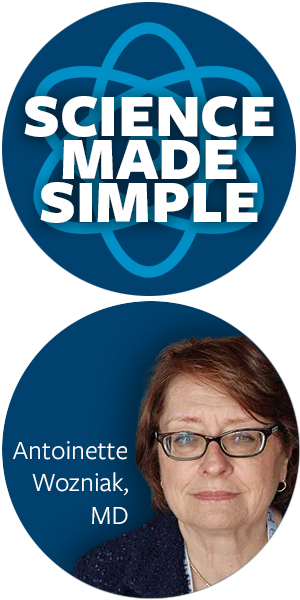Groups request proposals for Team Science Research Grant on Advancing Therapies Towards Curing Oncogenic-Driven Lung Cancer
New York, NY (enero 11, 2024) – The Lung Cancer Research Foundation announced today that, in partnership with the International Association for the Study of Lung Cancer, submissions are being accepted for the $2.5 million, four-year award, titled IASLC-LCRF Team Science Research Grant on Advancing Therapies Towards Curing Oncogenic-Driven Lung Cancers.
Proposals focused on the specific goal of curing oncogene-driven lung cancer should be submitted by teams of researchers with a program of closely integrated projects that would not otherwise be realized by a single component from the team.
Work supported through this mechanism will address important mechanistic questions and developmental therapeutics across the care continuum and have the immediate potential to increase survivorship. Given the specific interest in the development of novel therapies that could benefit this group of patients in the relatively near-term, a clinical trial must either be initially incorporated into the project or be an immediate result of the outcome of the research. It is expected that a program of correlative, translational research will be proposed that will enhance the understanding of these oncogenic-driven lung cancers.
“We are thrilled to begin this process as a partner with LCRF,” says Dr. Karen Kelly, Chief Executive Officer of IASLC. “Soliciting research proposals that seek to cure oncogenic-driven lung cancer is a step in the right direction to improve survivorship.”
“Getting the best minds to team up to address the complexities that lead to resistance in oncogenic-driven lung cancer will be exciting,” says Dr. Antoinette Wozniak, LCRF’s Chief Scientific Officer. “We hope that by providing this award, there will be breakthroughs that will impact patients in the near future.”
Submissions to the Request for Proposals will be reviewed through a two-step process: Letters of Intent will be accepted until midnight on marzo 4, 2024; if selected, projects will then be chosen to submit full proposals. All applications will be subject to a rigorous review by IASLC’s Scientific Affairs Committee and LCRF’s Scientific Advisory Board. More details about the Request for Proposal, along with eligibility, requirements, and deadlines can be found at LCRF.org/FundingOpportunities.
###
About LCRF:
The Lung Cancer Research Foundation® (LCRF) is the leading nonprofit organization focused on funding innovative, high-reward research with the potential to extend survival and improve quality of life for people with lung cancer. LCRF’s mission is to improve lung cancer outcomes by funding research for the prevention, diagnosis, treatment, and cure of lung cancer. To date, LCRF has funded 416 research grants, totaling nearly $43 million, the highest amount provided by a nonprofit organization dedicated to funding lung cancer research. For more information about the LCRF grant program and funding opportunities, visit LCRF.org/research.
About the IASLC:
The International Association for the Study of Lung Cancer (IASLC) is the only global organization dedicated solely to the study of lung cancer and other thoracic malignancies. Founded in 1974, the association’s membership includes more than 10,000 lung cancer specialists across all disciplines in over 100 countries, forming a global network working together to conquer lung and thoracic cancers worldwide. The association also publishes the Journal of Thoracic Oncology, the primary educational and informational publication for topics relevant to the prevention, detection, diagnosis and treatment of all thoracic malignancies. Visit IASLC.org for more information.
Contact:
LUNG CANCER RESEARCH FOUNDATION (LCRF)
Sheila Sullivan
Sr. Director, Marketing & Communications
ssullivan@lcrf.org
INTERNATIONAL ASSOCIATION FOR THE STUDY OF LUNG CANCER (IASLC)
Chris Martin
IASLC Media Relations
cmartin@davidjamesgroup.com
